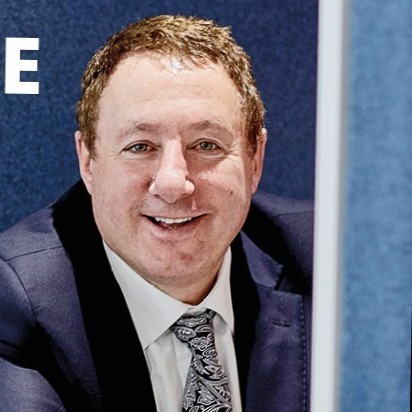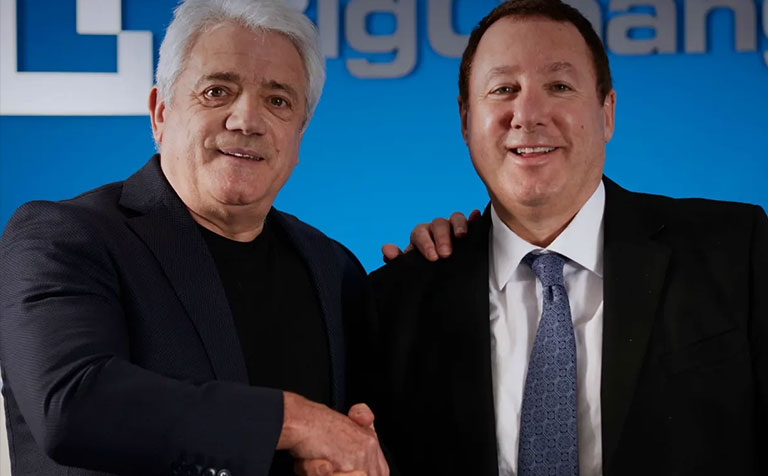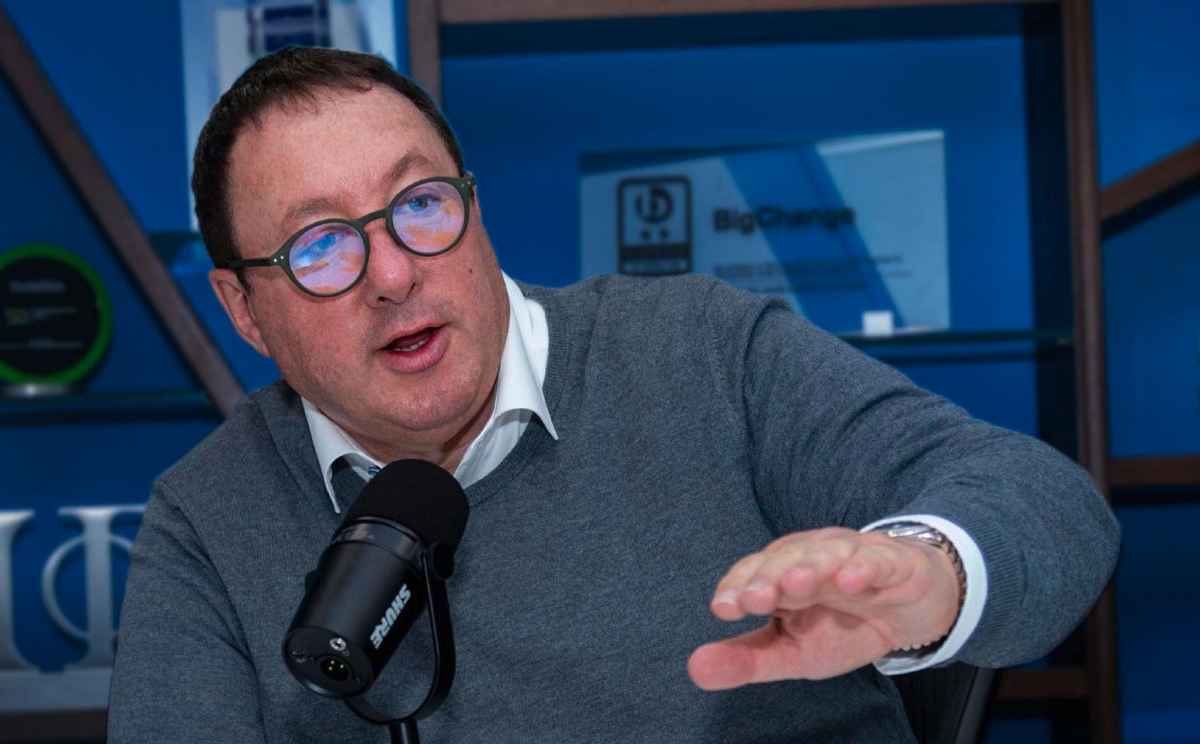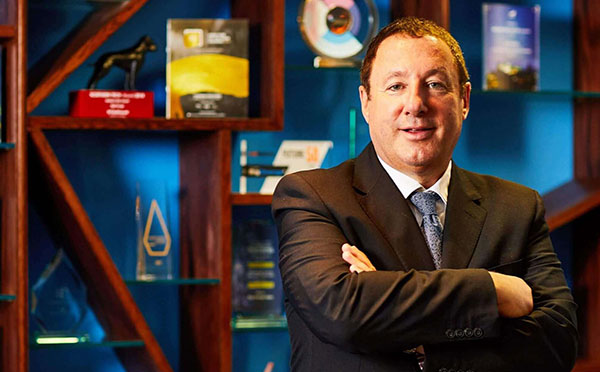The coming of the Jewish New Year is a time for reflection
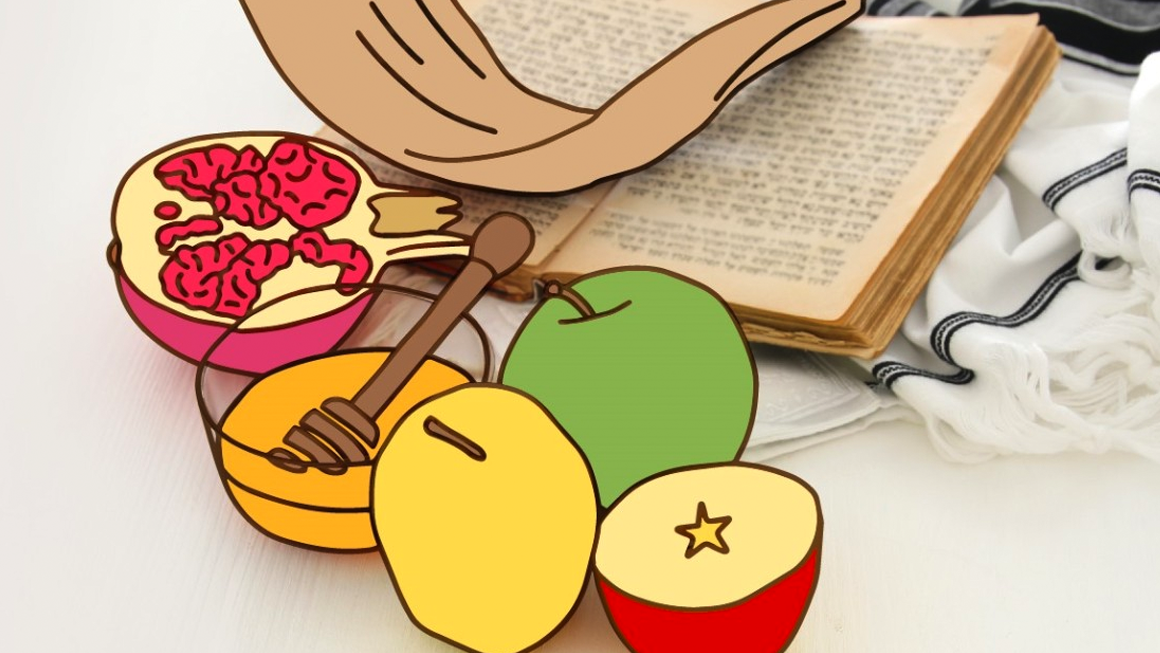
The coming of the Jewish New Year is a time for reflection.
Sunday marks Rosh Hashanah, or the Jewish New Year. This is an important time for me, as it’s a time when I pause to think about the year ahead, to consider the year behind me, and – more broadly – to reflect on the challenges and the issues we all face in the world today.
This year, something weighs heavily on my mind. It is a sad truth that antisemitism is a real and present threat to my culture and faith. I have noticed many worrying trends, from the rise of far-right parties in France, Switzerland and Germany to an increase in Holocaust denial.
This is why it was a pleasure and privilege to meet Karen Pollock, chief executive of the Holocaust Educational Trust (HET), at a recent dinner. Her organisation works tirelessly to keep the memory of the Holocaust alive, so that our society never forgets these crimes against humanity.
She explains: “Our organisation was set up in the late eighties, around the time of the War Crimes Bill, which sought to prosecute Nazi war criminals, who were living freely in the UK at that time. These people were guilty of horrendous crimes and the issue was discussed widely by both Parliament and the media. At the same time, many Holocaust survivors started to feel people were interested in their stories – they were previously advised not to talk about their and expected to move on. And some wanted to leave the horrors behind.
“The Trust was set up to support survivors and to help provide resources for those who wanted to learn about the Holocaust. The Holocaust was a defining moment in history and I believe no child should leave school without knowing what happened. The HET honours the memory of those 6million Jews who were murdered, and helps young people to understand where antisemitism can lead.”
The HET takes young people to Holocaust sites to learn about what happened in places like Auschwitz, and creates resources for teachers who want to present a factual account of what happened to people during that time.
Preserving memories
In 2022, few Holocaust survivors remain. As we lose first-hand witnesses, it becomes ever more important to preserve their memories. In this age of “fake news” where high-profile politicians publicly deny the Holocaust, we risk the further spread of antisemitism.
“It is frightening to see the rise of Holocaust denial,” says Karen. “The Nazis kept thorough documentation of everything they did during the war, noting down the names, age, height and the towns and villages where victims were from. These meticulous records should make it impossible to deny what happened but maybe they are less tangible than the memories of someone who can describe being there.”
I was lucky to be granted a sneak preview of an upcoming HET project, which has captured interviews with a small number of Holocaust survivors, preserving their recollections for future generations. “We recorded them answering 900 questions using volumetric cameras,” Karen says. “We are creating the technology to allow people to interact with these videos, to stop the spread of misinformation and keep their memory alive.”
Karen and her organisation are doing an amazing job, helping to spread awareness and fight antisemitism. This issue affects all of us, whether we are Jewish or not. Lest we forget.
First they came for the Communists
And I did not speak out
Because I was not a Communist
Then they came for the Socialists
And I did not speak out
Because I was not a Socialist
Then they came for the trade unionists
And I did not speak out
Because I was not a trade unionist
Then they came for the Jews
And I did not speak out
Because I was not a Jew
Then they came for me
And there was no one left
To speak out for me
